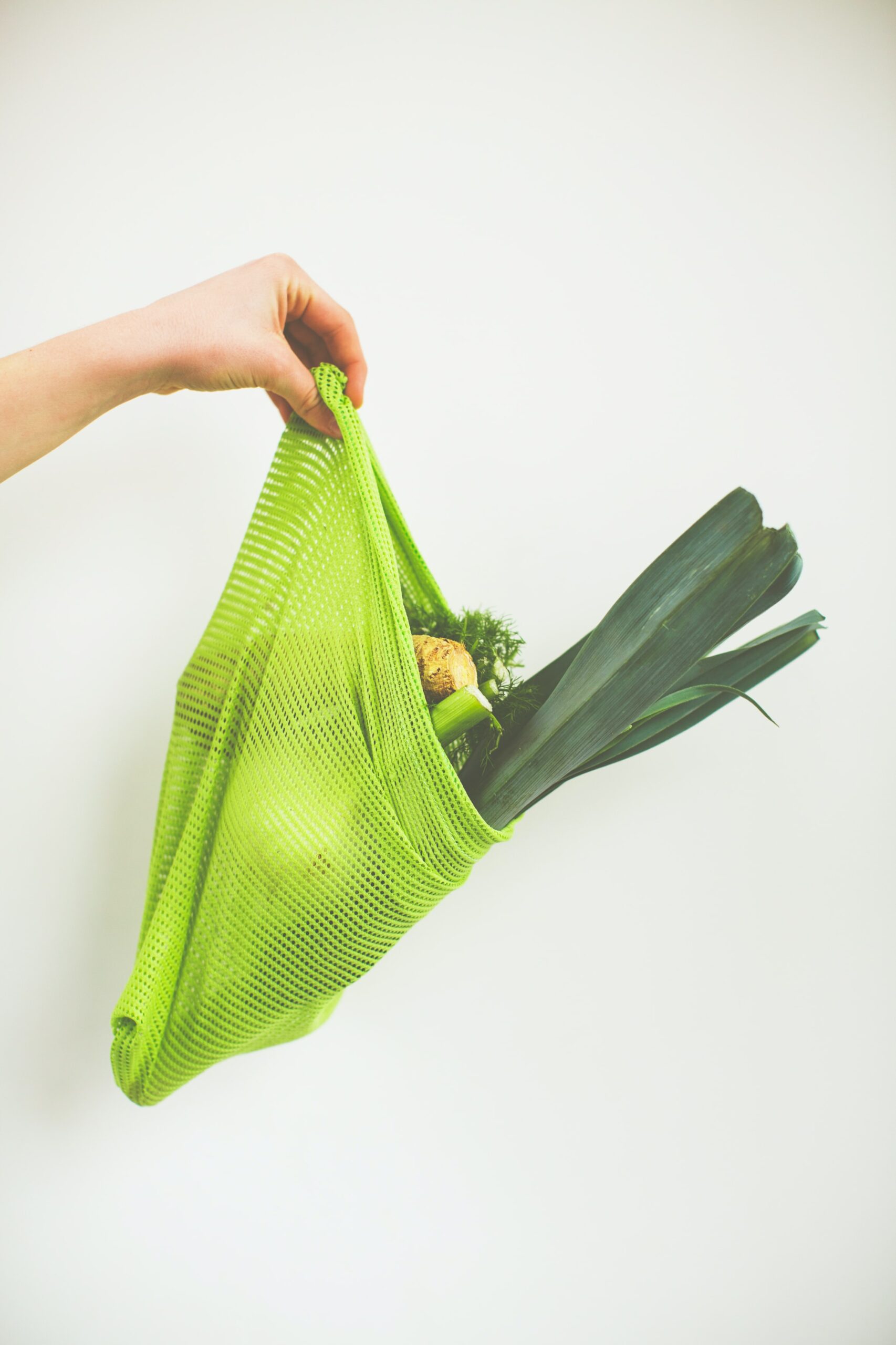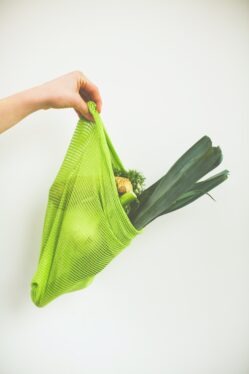- Your cart is empty
- Continue shopping
Food Waste : Today’s Social By-Product… and Problem
-
Umoya Foods
- Posted on
- Categories:Blog
- 0 comments

Food waste in South Africa and 10 things you can do at home to reduce you’re contribution.
 As a socially and environmentally responsible agricultural business, we at Umoya Foods think about food waste all the time.
As a socially and environmentally responsible agricultural business, we at Umoya Foods think about food waste all the time.
It is estimated that about 10 million tons of food go to waste in South Africa every year; that is about 30% of the 31 million tons of food produced annually. And yet, about 12 million people go to bed hungry each night. How is this sustainable or just?
Food waste is a problem environmentally, economically, and socially. Food waste has environmental impact all along the lifecycle of food production: water and resource input during growth, harvesting, transport, retail and packaging, and then greenhouse gas emissions from wasted food. Economically, farmers and businesses lose income with lower volumes, lower prices, and lower quality that doesn’t meet standards.
Further, South Africa produces the most food waste in Africa, but has millions of families that live with food insecurity every day. Food is a basic part of our society, and we should all (businesses and people) think about ways to do our part in reducing food waste and making a better food system.
Umoya Foods works hand in hand with farmers and learning new tools. We have developed a hybrid solar-electric dryer that our farmers use to dry the freshly harvested produce. This extends the shelf-life of the product. This allows the farmer more lead time on their sales and reduced transport because the product is reduced in size and weight.
In addition, we care about packaging. Our packaging protects the product from humidity, light, moisture and intruders. The containers are re-usable, stackable and fully recyclable too! In these ways, we work to reduce food waste up and down the value chain.
In our homes, we have a role in this as well! It can be hard in our modern, busy, life to think about reducing food waste. But, it’s not about economic or environmental action, its about saving money, too! Plus, your dust bins will smell nicer. Here are ten tips to help:
- Store food correctly
Keep air away from meat and dairy. Fruit can be stored at room temperature, just purchase what you will eat within a week’s time. Eggs can be left out, and they are better in baked goods that way!
- Declutter the fridge
Eat the food you have before buying the same product – especially those condiments. Less clutter you to see what you have, to use it and avoid duplicate purchases. Think “first in, first out” by bringing older items to the front.
- Re-use your ends
This will save you all kinds of money! Make your own veggie or meat stock at home by saving the ends of your foods. Keep a container in the freezer just for the ends of carrots, celery, onion you don’t use, and even bones from meat or the carcass of the roast chicken. When you’ve filled it up and have time, throw it all in a pot with herbs or seasoning and cook. You can simmer up to 12 hours to get the full mineral value from bones. Strain out the liquid, and then you have a wonderful homemade broth to use. You can even freeze that again in ice cube trays for easy, delicious, cubes to add to your cooking!
- Use your freezer
Freezing food is one of the best ways to stop bacteria acting and it locks-in nutrients. Pre-cooked frozen food also provides a convenient source of ‘ready meals’ that simply need re-heating. And don’t worry about ‘load shedding’. It will take more than a day without power for your freezer to thaw, just keep the door shut.
- Expiration dates are guidelines
“Sell by” and “Best before” are determined by the food producer and might be conservative. Most foods are still safe after those dates, but not all. “Use by” dates should be considered as food can be of a lower quality or unsafe past this date. When in doubt, use your nose.
- Shop smart
Smaller shopping trips in smaller quantities helps avoid food waste. When you buy in bulk or go for “2 for 1” deals, you often do not use it all. Buy what you need and will use within 5 days. Or have someone do it for you! Ucook.co.za is a great South African organisation that delivers single meal, high-quality ingredients and recipes so you buy what you eat, and that’s that.
- Use everything
Eat your leftovers. Schedule to eat your leftovers once a week, or eat them for lunch the next day. Store leftovers in an airtight container, but eat them within 4 days. If you can’t eat them that fast, then into the freezer they go.
- Adjust your portion size
Create meal sizes and portions that are realistic. Don’t empty that bag of lettuce leaves into the salad bowl simply out of habit, use what is needed and store the rest for the following day’s lunch.
- Compost
Composting is great for gardens! Apartment dwellers can compost too, as long as you have some garden space to empty it onto once decomposed. The Bokashi system breaks down food matter with enzymes and can be a really effective system for all composters to reduce rotting material and bad smells. They provide a fully airtight composting bucket that is great for apartments and speeds up the break-down process, https://www.bokashishop.co.za/-c-0/25l-bokashi-food-waste-recycling-kit-2-x-25l-bins-p-54.html. You can find great composting aides in your local natural food store!
- Use your coffee grounds
Coffee grounds are a great fertilizer for plants and deter mosquitoes, sprinkle used grounds around the base of your potted plants or in garden beds. (Just don’t use them on sensitive plants such as orchids)
What are the ways you see that we can reduce food waste… In your home? In your community? In your company? Any brilliant innovations you’ve learned about?
Sources
And credit to Professor Suzan Oeloftse, Principal Researcher in Waste for Development at CISR as cited at https://www.health-e.org.za/2018/06/20/the-problem-of-food-waste-in-south-africa/
#foodwaste #zerowaste #recycle #waronwaste #activecitizens #ecofriendly #environmentalist #consciousliving #sustainableliving #plantbasedfood #ecofriendlyproducts
